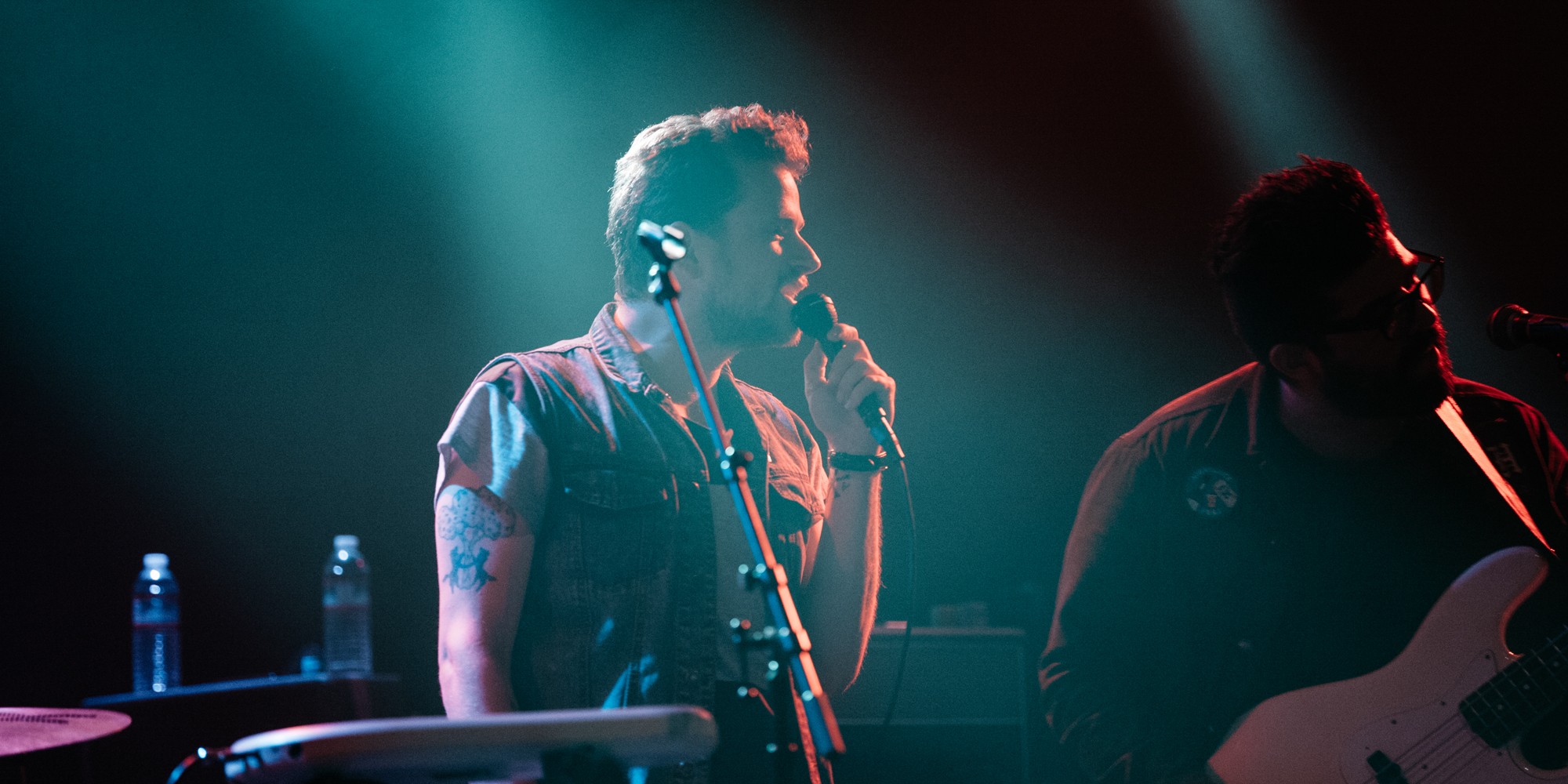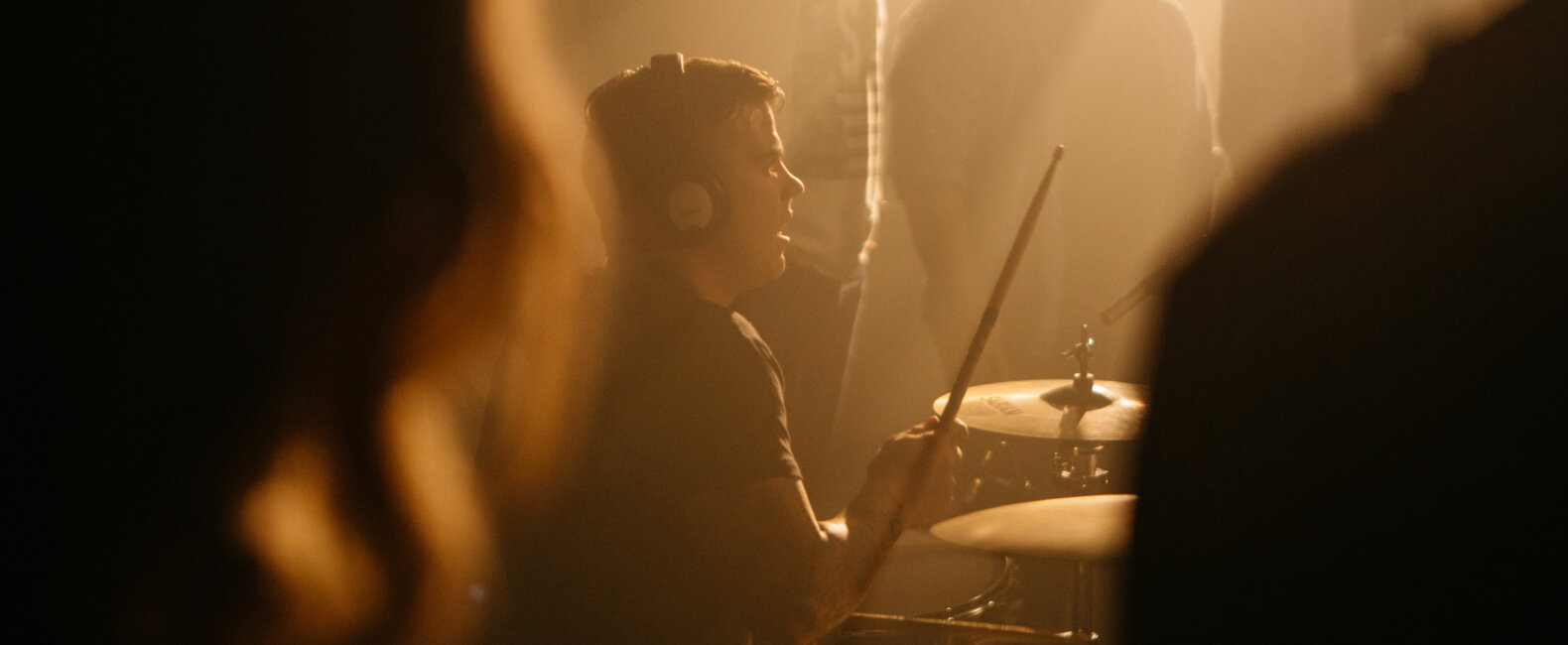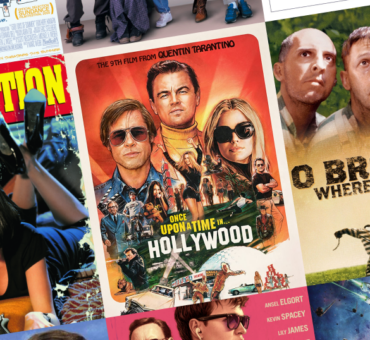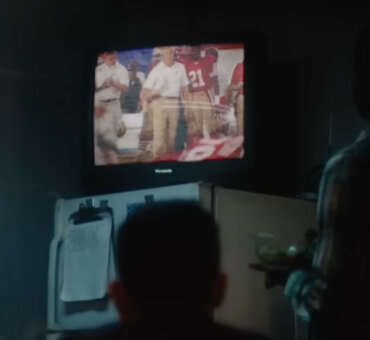It used to be that music discovery happened between people. Friends would recommend new songs, DJs would play new bands, music writers would review new albums. And then, if something interested us enough, we’d go buy it. We’d listen to it. Over and over again. And if we fell in love with it, we’d recommend it to others. That’s how it went for a long time. Music discovery was this intentional, symbiotic relationship between music lovers and the music they loved.
But as the way we listen to music has changed, the way we discover it has changed too. A lot of it has changed for the better, and some for the worse. Since we recently revamped the way filmmakers can discover music on Musicbed — and since countless music platforms with different search algorithms are popping up — we’ve been thinking a lot about what these changes mean… for musicians, for filmmakers, and for us.

THE WAY WE DISCOVER MUSIC CHANGES THE WAY WE LISTEN TO IT
As recommendation features have become more integrated into streaming services (ours included), discovering new music has become almost indistinguishable from listening to it. In some ways that’s always been the case, if you think about radio, mix tapes, or MTV. But the difference now is that it’s happening at such an unrelenting pace. We’re so busy taking in music that it’s easy to forget that songs sound best when savored.
The beauty of modern music discovery is that it allows us to find bands and artists we might not notice otherwise. That is a wonderful and valuable thing. But the danger is we often fail to really notice the bands and artists we do find, because we’re so intent on finding what’s next.
So while we built the new Musicbed to help speed up the process of finding great music, let’s not forget the importance of slowing down sometimes and really letting these songs speak to us. They’ll surprise you, if you let them.

LABELING IS NECESSARY BUT ALSO A LITTLE BIT DANGEROUS. DON’T GET BOXED IN.
When Pandora launched in 2000, the idea was to give each user a personalized listening experience by attaching over 400 characteristics to every song. Their “music genome” used these characteristics, along with the behavior of each user, to find listening patterns and make suggestions. This idea worked surprisingly well, and boiling down tracks to their “characteristics” is still at the heart of most music discovery tools today. The problem, of course, is that anytime you boil something down, it becomes, well, boiled down. Reduced. And that can get a little dicey. Over time, you’ll find yourself in a smaller and smaller box, having created an infinite feedback loop with yourself.
That same danger exists in all of the arts. How can you boil down a Charlie Kaufman script? What characteristics sum up Terrence Malick? All art exists beyond its label. And that is especially important to remember these days.
We agree with The Guardian’s Stuart Dredge when he wrote, “Algorithms aren’t better than humans, and they’re always likely to focus more on music you might like than demand you listen to music you will like…. They complement human discovery rather than replace it” (emphasis added for dramatic effect).
In other words, discovery tools are fantastic guides but bad autopilots.

ARTISTS AS ADVOCATES FOR ARTISTS
Artists have so many ways to promote their own work these days, that we sometimes forget the importance of promoting their work for them. That symbiotic relationship between artists and audiences can, and must, still exist. It’s so easy to watch an amazing film or listen to an amazing album and quietly appreciate it, while never taking that next important step of becoming an advocate for it. It’s easy to get so focused on promoting your own work that you forget to promote the work of others. Sure, algorithms and automation can do a lot for the arts, but not as much as artists can do for the arts. Let’s be vocal about the films we love and the musicians we love. Let’s be dedicated artists as well as outspoken fans. Computers aren’t going to do it for us.
We’re excited about the future of music discovery and what it means for musicians, filmmakers, and creatives of all kinds. We’ve adopted many of the latest discovery tools ourselves because we believe they’re important. But for us, they’re only important to the extent that they serve musicians and filmmakers. They need to not only help find music, but also fall in love with it. Because really, isn’t that why we’re all making things in the first place?




















































































